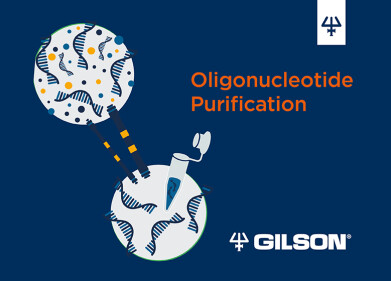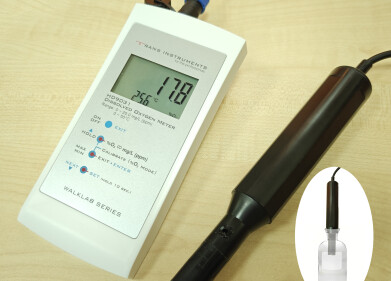-
 A new solution helps prevent residual damage after heart attacks.
A new solution helps prevent residual damage after heart attacks.
Laboratory Products
Residual damage 'not inevitable' following heart attacks
Oct 06 2011
Research carried out by experts at the Medical University of Vienna has led to the development of a protein solution which can be used to reduce the scarring of tissue caused by inflammation after a heart attack.
Hendrik Jan Ankersmit, head of the CD Laboratory for Heart and Thorax Diagnosis and Regeneration, explained that the team has used white blood cells to create a protein solution known as APOSEC, which can be used as a drug during the acute therapy phase after an attack.
The solution was administered as an intravenous infusion 40 minutes after an experimental infarction, with virtually no scarring of the heart muscle as a result.
Dr Ankersmidt explained: "With protein concentrates, there is little or no defence reaction from the body's immune system. APOSEC can therefore be obtained even from unrelated donors."
An added advantage over conventional stem-cell-based treatments is that the solution can be produced in advance and stored for ready immediate access.
Digital Edition
Lab Asia 31.2 April 2024
April 2024
In This Edition Chromatography Articles - Approaches to troubleshooting an SPE method for the analysis of oligonucleotides (pt i) - High-precision liquid flow processes demand full fluidic c...
View all digital editions
Events
May 14 2024 Oklahoma City, OK, USA
May 15 2024 Birmingham, UK
May 21 2024 Lagos, Nigeria
May 22 2024 Basel, Switzerland
Scientific Laboratory Show & Conference 2024
May 22 2024 Nottingham, UK





.jpg)











